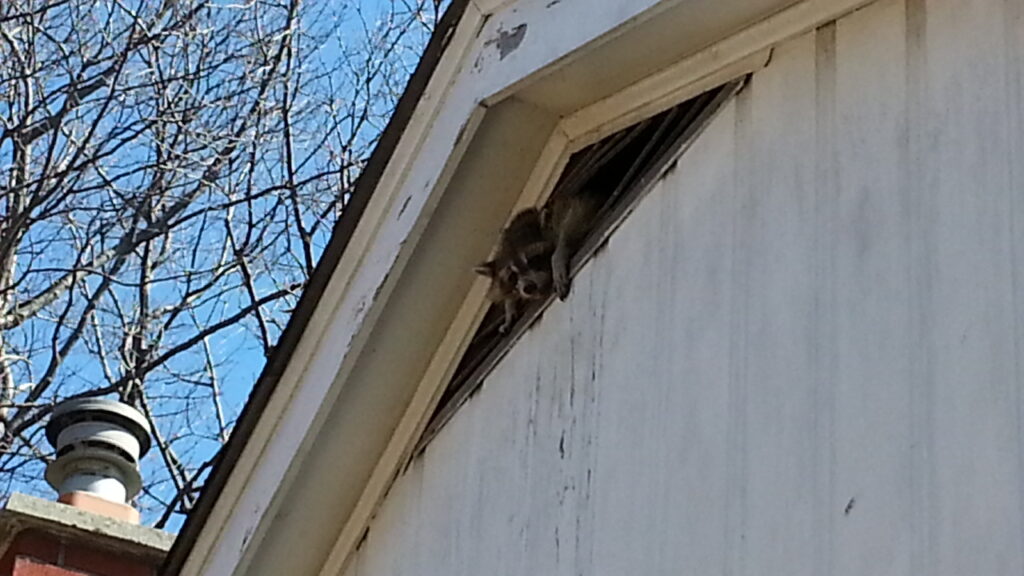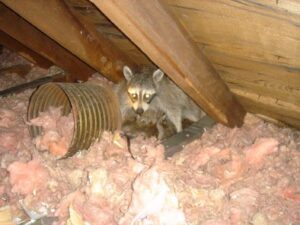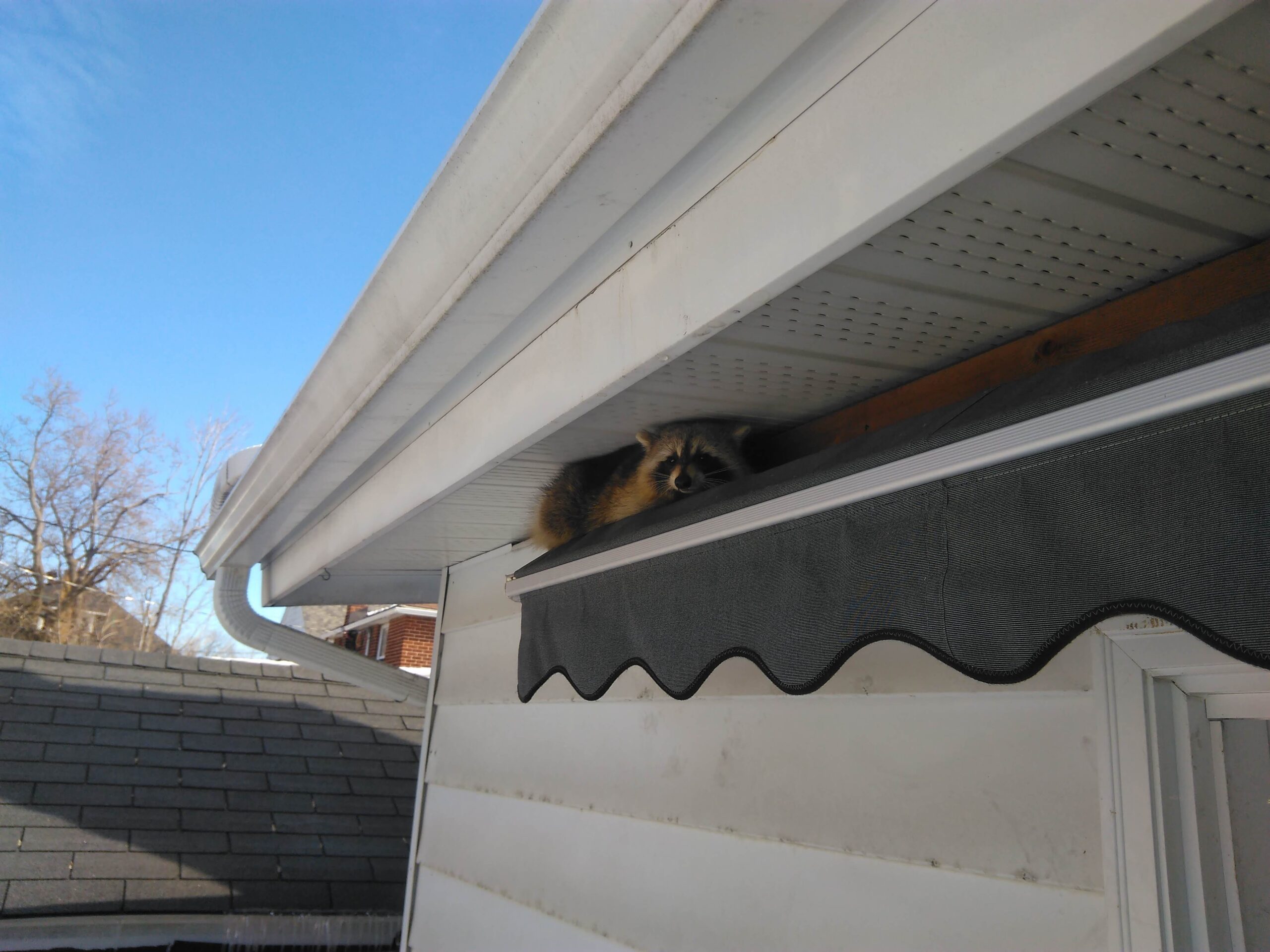Just this past April, a Peterborough home caught on fire, leading to nearly $10,000 worth of damage. The culprit? Squirrels. Squirrels chewed the wiring in the space between the porch ceiling and the roof, causing a spark to ignite the home. Stories such as this are not uncommon, which is why homeowners should contact a team that deals with squirrel and raccoon removal Pickering as soon as they learn of an infestation. It is also why homeowners should carefully review their insurance policies to see if they have coverage that protects them against damage caused by wildlife.
Protection for “Dwelling” and “Other Structures”
The good news is that many insurance companies do provide protection against wildlife damage in their “dwelling” and “other structures” clauses. These clauses protect homeowners in the event that a wild animal causes damage to a structure itself. For instance, if a deer were to run into your back door and break the glass, your homeowner’s insurance could pay for the cost to replace the glass. If the same deer were to bust through your white picket fence, the cost to replace the fence may be covered under the “other structures” clause.

The “Vermin Exclusion” Clause
Unfortunately, coverage for damage to your home or other dwellings typically only extends to certain wildlife. Damage caused by small animals, such as raccoons, squirrels, and mice, are usually uninsurable. You can double-check, though, by thoroughly reviewing your policy’s “vermin exclusion” clause.
Most insurers include an extensive list of animals it considers “vermin.” Vermin, in the eyes of insurers, is a term used to refer to small animals or insects that are particularly destructive, such as raccoons. However, even if your policy has a vermin exclusion clause, if it does not specially list raccoons, your insurer cannot exclude it. In this case, your insurer may have to pay for the raccoon removal, cleanup, and repairs to the damage the raccoon leaves behind.
Coverage for Damage to Personal Property
Say your policy does cover raccoon damage. Your insurer must pay for the cost to fix the structural damage caused by the raccoon, such as holes in the drywall or chewed up electrical wiring. It does not, however, have to compensate you for personal property damage. If the raccoon chewed through your storage containers to get to your keepsakes, you may be out of luck. The same is true if the animal’s feces or urine ruined clothing, furniture, or other items of value.
Considerations To Make
Before you file a claim for raccoon damage, ask yourself if it’s worth the hassle. More often than not, the price of the deductible is more expensive than the cost to repair the damage out of pocket. If you’re looking at less than a couple hundred dollars in damages, it may not be worth your time or effort to deal with the claims process. You should also think about the potential hike in insurance premiums that a trivial claim may cause.

Preventing Costly Damage
The best way to prevent damage and the expenses that come with it is to remove the problem sooner rather than later. Whether you’re dealing with raccoons, squirrels, bats, birds, skunks, or all of the above, contact our Skedaddle Pickering team to deal with raccoon removal right away. These animals can be highly destructive if left for even a short period of time, which in the end could cost you a pretty penny. Our highly trained technicians are familiar with native wildlife and their habits. We can assess your home for common and not-so-common points of entry, identify possible dens, and safely remove the animals from your home.
We don’t stop there, though. Our technicians go above and beyond and perform cleanup on your behalf. Once your home is free of urine, feces, and debris, we seal off all access points to prevent future invasions. To learn more about how we can help protect your home and finances now and into the future, contact our team today.




